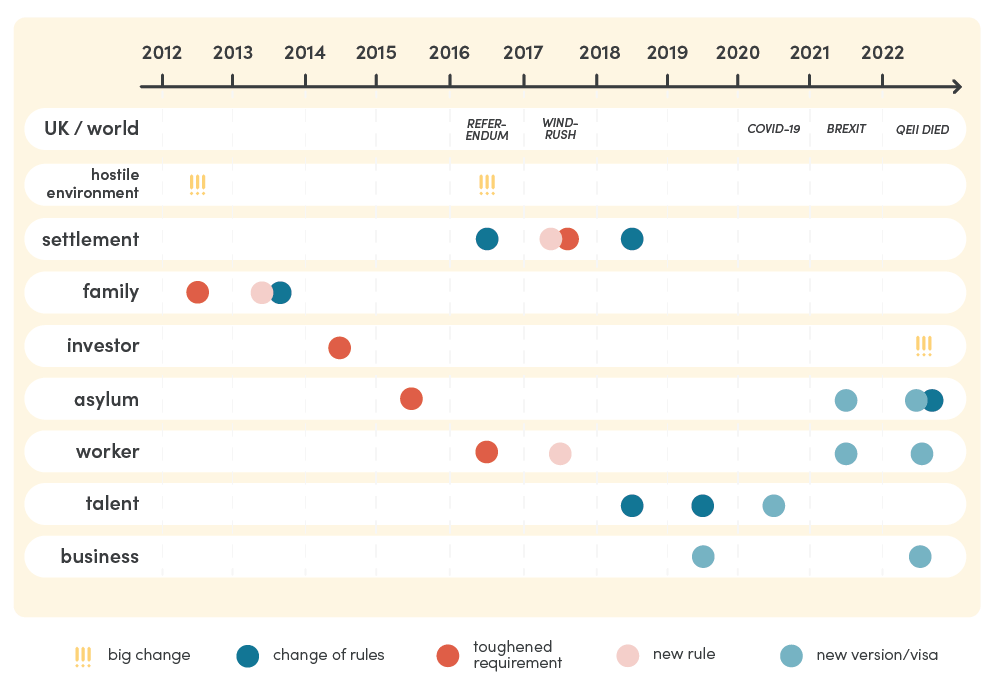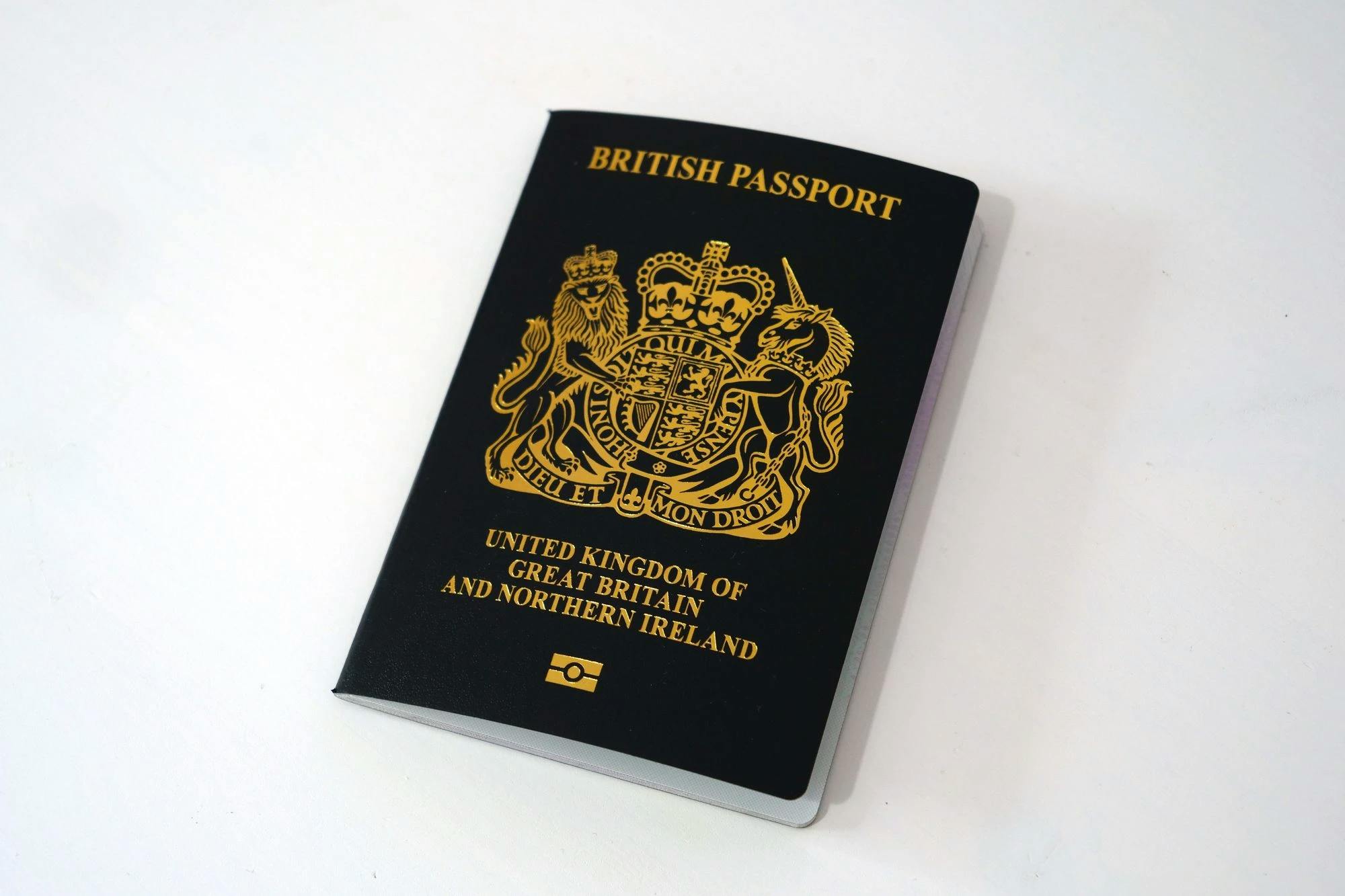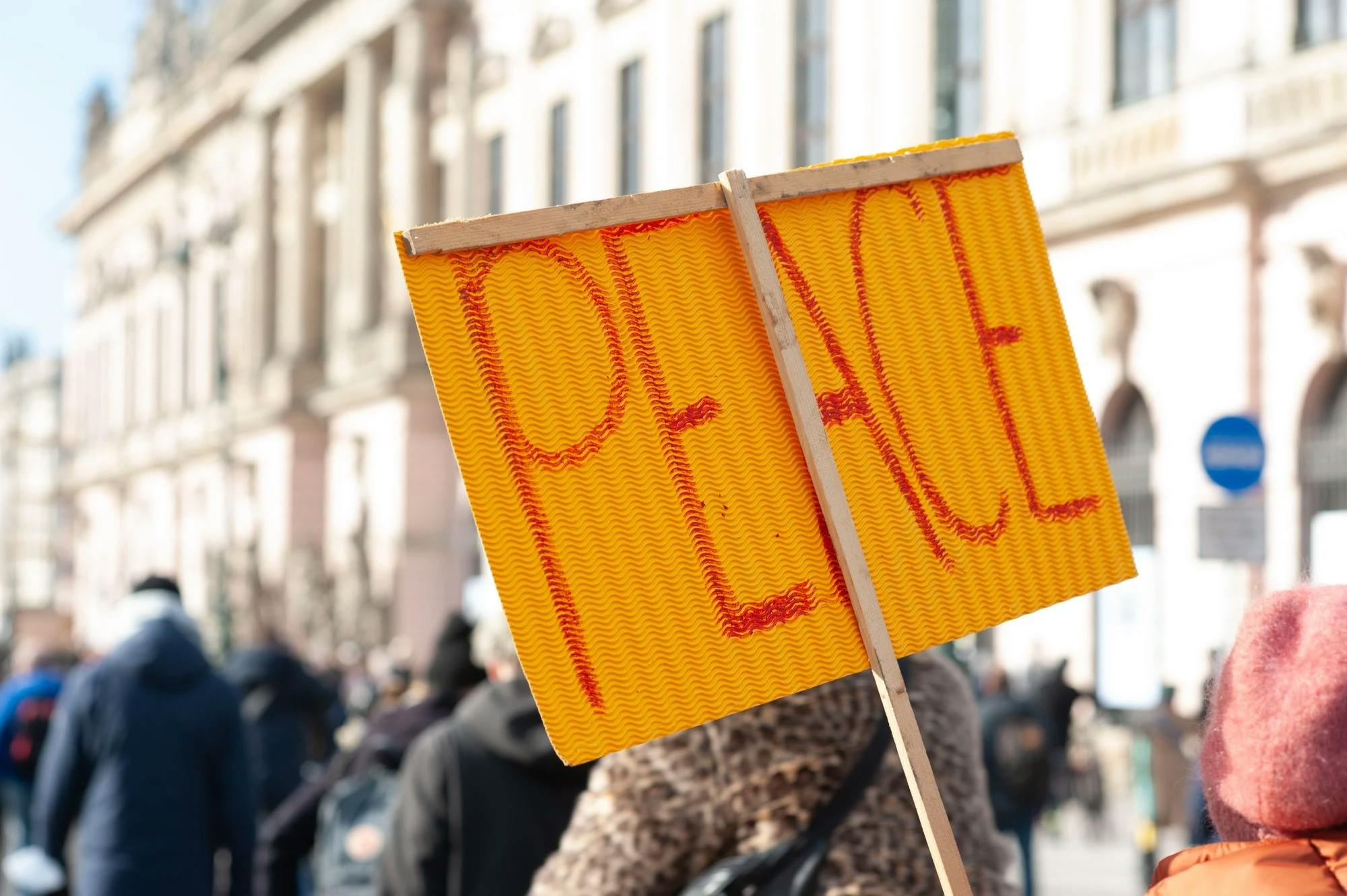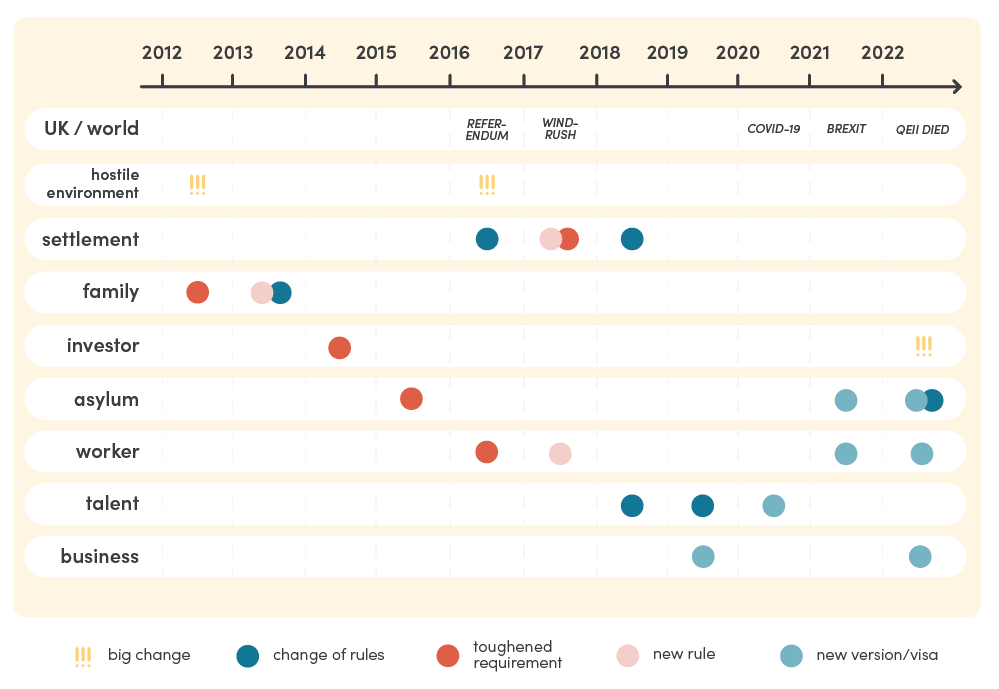31/12/2022 • 6 min read
UK immigration : ten years timeline
A decade worth of immigration changes across all UK visa routes.

Welcome to Salmo’s very first blog post!
Salmo is a digital organiser that helps immigrants sort out their visa process by themselves, and our blog is a key part of our work. Over the year, we will bring you exciting and original content on all things immigration and visas!
To start with, we have prepared a timeline of the major developments in immigration rules in the UK over the past decade. While the majority of these are not very friendly to immigrants, there are still a few to put a smile on our faces. We hope to see a more positive trajectory in the future.
2012 - Hostile Environment starts
25th May
"We're gonna give illegal migrants a really hostile reception", said Theresa May. Sociologist Melanie Griffith and Barrister Colin Yeo responded with an insightful analysis regarding the social impacts of this decision.
9th July
Family visa was the first to take the bullet. The settlement requirement was extended from 2 to 5 years, and a minimum income requirement was introduced shortly after. As a result, countless families were unable to qualify, and they were left separated from loved ones.
2013 - Let the tackling begin
January
UK Border Agency (UKBA) was found hoarding a backlog of over 16,000 cases dating back to 2003, tucked away inside cardboard boxes (yes, those brown boxes) awaiting decisions.
25th June
Say goodbye to appeal rights if your family's visitor visa gets rejected.
28th October
English language skills became the new requirement for adult settlement/citizenship applicants. Before, the Home Office simply assumed passing the 'Life in the UK' test would guarantee a decent English level until they discovered memorising answers weren't as challenging as expected.

2014 - As difficult as possible
6th November
Investor visa, aka the Golden visa, is the fastest route to buy your way to a UK settlement. In 2014, the Home Office doubled the required investment from £1m to £2m, doubling the number of applicants in a rush before the deadline.
The same month, a change in regulation stated educational institutions (such as universities) would lose their sponsor licence if more than 10% of sponsored students received a visa refusal.
2015 - Asylum process toughens
Asylum seekers coming from Syria and Libya faced complicated and lengthy application processes, with restricted access and rights to essential living. Asylum claims from EU nationals were restricted as well. However, the net migration still hit a record high and made the immigration minister unhappy.
2016 - The Big Shift
1st February
Hostile environment expanded into the private sector. All UK migrants must prove their immigration status to rent a flat or open a bank account. Migrants with illegal entry would face stricter consequences for up to 10 years of visa refusal.
6th April
Migrants on Tier 2 Work visas would need to earn at least £35,000 to meet settlement requirements.
23rd June
Brexit Referendum. The UK decides to leave the EU.
24th November
28 days overstay grace period cancelled in order to tighten Indefinite Leave to Remain (ILR). Overstayers lost the flexibility to recover their visa record, even if they immediately submitted a visa application after their visa expired. The moment you overstayed, you're done, unless because of exceptional circumstances.

2017 - The Windrush Scandal
It exploded like fireworks, but not the pretty kind. The Caribbean migrants, having been 'invited' to work in post-war Britain, built new homes, raised families and formed communities on this foreign land for over forty years, suddenly faced abrupt deportation. The decision infuriated the British public from all segments of the political spectrum, with some accusing the government of being racist.
22nd February
Supreme Court upheld the £18,600 minimum wage requirement to sponsor foreign spouses for settled and British nationals, which resulted in at least 5,000 cases continuing to await a decision.
6th April
Employers sponsoring foreign workers would need to pay a new Immigration Skills Charge ranging from £364 to £1,000 (except for those switching from a student visa, scientists, educators and sportspeople).
1st May
The English language requirement became compulsory for family members of settled residents and British citizens, even when applying for visa extension.
2018 - The immigration labyrinth
Congratulations to the Home Office for making more than 5,700 changes to the immigration rules since 2010. The immigration system has become very difficult to navigate without the help of a legal advisor.
15th November
On a positive note, the Home Office doubled Exceptional Talent (now Global Talent) visa availability from 1,000 to 2,000 spaces a year and introduced an accelerated route to settlement. The fashion sector has become a new category to apply.
18th November
The 5-year route to settlement faced a drastic change of rules: new applicants cannot have over 180 absent days in any 12 months (on a rolling basis).
2019 - Ambiguous rules
29th March
The Graduate Entrepreneur and Entrepreneur visas were officially replaced by Start Up and Innovator visas. However, the new visa guideline was alarmingly ambiguous, especially around the endorsing body regulations, such as, "How much can/should they charge for an endorsement?" Fortunately, relevant rules will be implemented starting in April 2023.
6th April
Exceptional Talent (now Global Talent) visa expands to include applications from the architecture sector. Further checks are implemented on Investor visa applicants' funds and qualifying investments in the UK.

2020 - COVID-19
March
The first lockdown begins. Concession criteria are introduced for various visa routes to mitigate the impacts of COVID-19. Fewer people came to the UK this year, which caused a staggering 90% drop in net migration. The government would've been so happy; maybe that was why they partied so much.
The same month, the UK government terminated the Gateway Protection Programme (refugee resettlement route) after resettling 9,939 asylum seekers since it first began in 2004.
6th April
Global Talent visa officially replaced Exceptional Talent visa. UK Research and Innovation became the new endorsing body to cover the research sector applicants, who have been granted a reduced settlement route from 5 to 3 years.
Tier 4 General Student and Tier 4 Child visas are rebranded as Student and Child Student routes. People on visitor visas can now study for up to 6 months. Furthermore, students on a short-term study visa can now study for up to 11 months.
4 August
Health and Care visa is introduced in an attempt to deal with falling numbers of healthcare professionals in the UK labour force and increased pressure on the medical services and long-term care needs of the ageing population.
1st December
Skilled Worker visa officially replaces Tier 2 General Work visa.
31st December
Turkish ECAA routes for businessperson and worker visas are officially closed to new applicants.
2021 - An even bleaker picture
1st January
Brexit comes into effect. There is no more free movement between the UK and EU. Citizens of EU countries are immigrants now and also need a work visa to stay in the UK. 92% of UK companies weren’t prepared to have a sponsorship licence. Elder Europeans face problems sorting out their settlement status. In the end, even Brexit voters began to regret voting for Brexit. Hate to say we told you so.
31st January
In response to the Chinese Communist Party's national security law imposed on Hong Kong in 2020, the UK government launched the "Hong Kong UK Welcome Programme", a special route for Hong Kongese BN(O) citizens to exit China.
May to August
Taliban launched a military offensive to take over the Afghan government just as the withdrawal of the US troops began—more asylum backlog for the Home Office.
1st July
The resurrection of the Post-Study Work visa, aka Graduate visa. University graduates can stay in the UK for 2 years after graduation without the need for a work visa sponsor.
August
The British government completes and ends the resettlement of 20,000 Syrian refugees across a five-year-long process.

2022 - What comes next?
17th February
The end of the Investor visa - The Home Office claims too much 'dirty' money from Russia was flowing into the country. This visa was cancelled two weeks before Russia invaded Ukraine. It is rumoured that the Investor visa will be replaced by a new visa route called Business Angel visa, which might be announced in April 2023.
24th February
The Russo-Ukrainian War shocked the world and caused a massive wave of asylum seekers across Europe. A separate asylum route is created to respond to this situation; Ukrainian refugees will be eligible to apply if the UK is their first country to escape from the warzone. The Home Office seized this opportunity to reform the asylum system would divide refugees into groups 1 and 2, with the latter group treated less favourably and with less access to essential rights.
11th April
Global Business Mobility visa scheme, a series of new business visas for applicants of different business purposes to work in the UK. This scheme replaces the Overseas business representative visa, Intra-company transfer visa and ICT Trainee visa. Unfortunately, it is not intended as a long-term route; none of these visas leads to settlement.
30th May
High Potential Individual visa, a temporary visa for academically excelled international graduates only, is now available to apply for and attract new creatives and innovators to enter the UK.
22nd August
Scale Up visa, a new business-worker hybrid visa, is open for application.
8th September
The death of Queen Elizabeth II. For those planning to get British citizenship from the end of the year, you will now take the oath with King Charles III instead.
What do you think 2023 will be like? Let us know!

